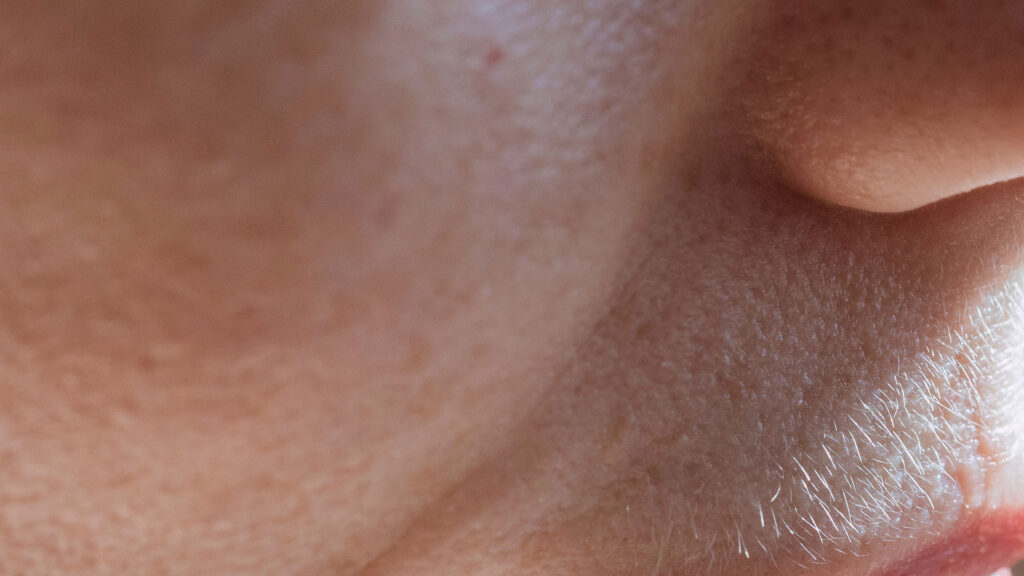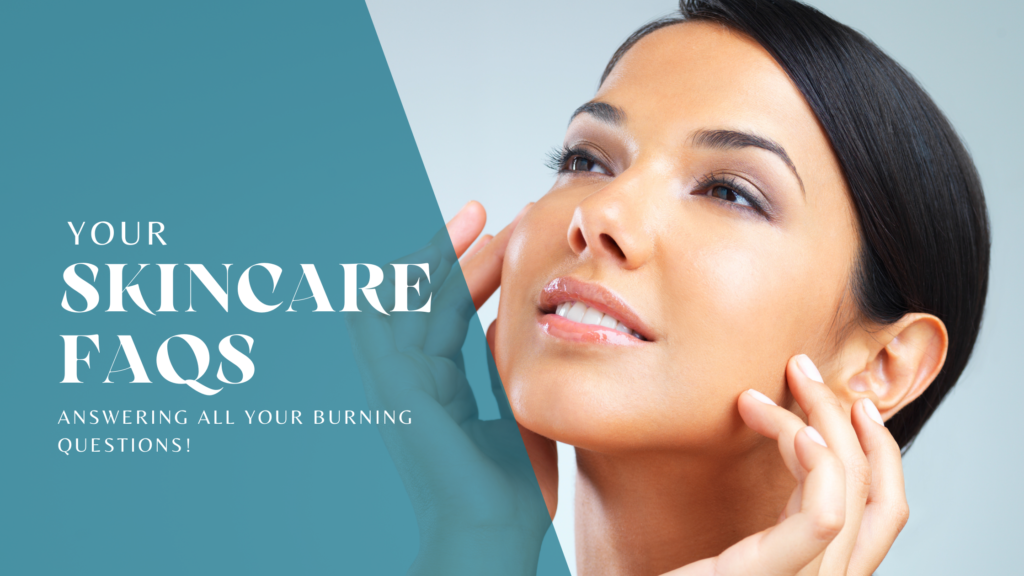1. What is Rosacea, and What Causes It?
– Rosacea is a chronic skin condition characterized by facial redness, visible blood vessels, and sometimes, bumps or pimples. While its precise cause remains elusive, several factors are implicated, including genetics, environmental triggers, vascular abnormalities, immune system responses, and the presence of Demodex folliculorum, a type of mite that inhabits hair follicles.
2. What Triggers Rosacea Flare-Ups?
– Rosacea flare-ups can be prompted by various triggers, including sun exposure, extreme temperatures, spicy foods, alcohol consumption, stress, certain skincare products, and physical exertion. Additionally, the proliferation of Demodex mites in hair follicles is believed to exacerbate inflammation and contribute to rosacea symptoms.
3. What Are the Available Treatment Options for Rosacea?
– Rosacea treatment typically involves a multifaceted approach, encompassing lifestyle adjustments, skincare regimens, and medical interventions. Common treatment modalities include topical medications (e.g., creams, gels), oral antibiotics, laser and light therapies (such as IPL), gentle skincare products, and strategies to mitigate Demodex overgrowth, such as tea tree oil-based cleansers.
4. How Long Does It Take to See Results from Rosacea Treatments?
– The timeline for observing improvements in rosacea symptoms varies depending on individual factors, such as the severity of the condition and the chosen treatment regimen. While some individuals may experience relief within weeks of initiating treatment, others may require several months of consistent therapy to achieve significant results. Patience and adherence to the prescribed treatment plan are crucial for optimal outcomes.
5. Can Rosacea Be Cured?
– Rosacea is considered a chronic condition with no definitive cure. However, with diligent management and appropriate treatment, many individuals can effectively control their symptoms and reduce the frequency and severity of flare-ups. This comprehensive approach includes maintaining a gentle skincare routine, avoiding triggers, addressing Demodex infestation, and consulting with healthcare professionals for personalized treatment recommendations.

Dr. Joanna Smith, DNP, MSN, RN, MBA, SSGB, RT, LE, CLT
President & CEO
Integrated Medicine Institute, Inc.



